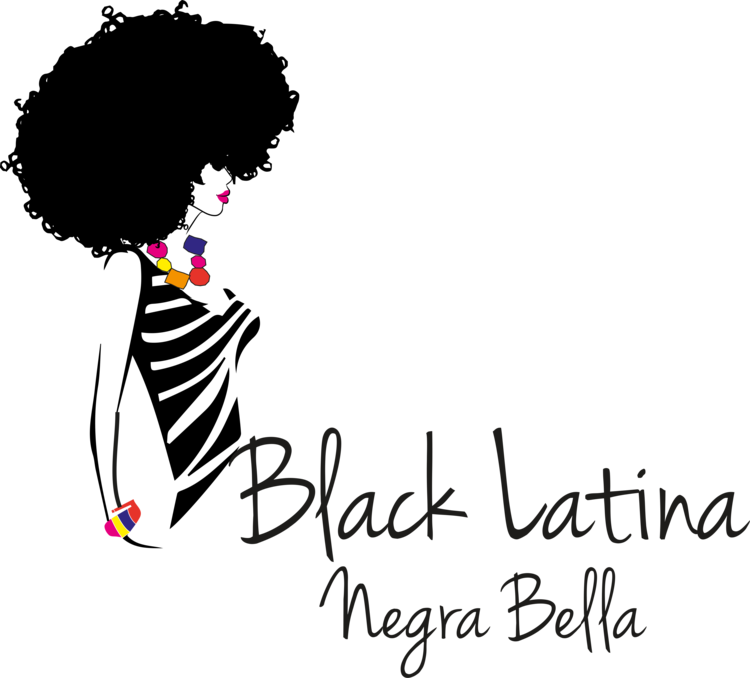
A platform where Black Latinas/Afro-Latinas can feel empowered, educated and uplifted in all facets of their life.
One of the least spoken about experiences of Afro-Latinas is the misnomer that there is an automatic inherited African American acceptance. Unfortunately, this isn't always the case. Afro-Latinas who experience discrimination from other Latinos and African Americans find themselves in a peculiar place. Who would've thought that other brown/black people would reject your black claim but it happens. Culture and Race are the differential factors in why people who look the same sometimes are unable to relate to one another. Let me clarify, we may both be of the black race but often time do not share the same language or culture. Afro-Latinos and African American may not be the same, one speaks Spanish where the other speaks English. Although, the foods come from African influences they are different. For instance, in my country of the Dominican Republic the signature dish is arroz con habichuelas y carne guisado con plantanos y ensalada (rice and beans with braised meat preferably chicken with a side of plantains and salad) much different than an American traditional meal. The music, although I love the soulful sounds of R&B, gospel and pop music, I didn’t grow up hearing that genre of music at home. Instead the salsa, merengue and bachata dominated our Saturday mornings as we cleaned the house and always was playing at any family function or house party. Let’s not forgot how there is always a family member who is ready to play the güiro.
It's not known by to many that out of the 11.2 million slaves who survived the middle passage 450,000 African slaves were brought over to the United States and the rest were brought further south to the Caribbean islands with Brazil having a history of 5 million African slaves (Henry Louis Gates, Jr., 2011). The United States of America isn't the only place where the black race is found but still people act so surprise to meet someone of African decent that is Spanish speaking.
My fellow Latinos say, “I'm too dark I look African American” and my fellow Americans assume I’m black as well. A common misconception is when I get I asked, “If I’m from Jamaica?”, I love my fellow islanders but my reply is always “No”. I’m from a different island, they keep guessing all the West Indies until I give them a hint that I speak Spanish, then that’s when they look at me confused. Sometimes, I even notice a change in demeanor, as if I said something completely inappropriate. Because of the awkward reaction, as a young teenager I use to find myself at times avoiding the nationality topic all together. I no longer feel the need to appraise someone’s uncomfortable feelings because of their lack of knowledge and awareness, I don’t avoid the question. I think it’s an important discussion to have. But why does this reaction happen? Why is it no longer accepted when I identify as a Latina, whose complexion happens to be brown? I’m not claiming anything other than who I am. On the opposite end, I have had experiences with other Latinos that when they discover that I am Latina they want to distance themselves from me. Are you seeing the complicated dilemma I’m experiencing? Belonging to a group isn’t vital to anyone existence however, the sense of belonging to a group does provide self-empowerment to strengthen ones identity. When you can stand in solidarity with others who believe like you, or identify with your experiences that creates a community, hence the sense of belonging. I want to encourage any Afro-Latina that is having this type of experience to stand firm in who you are and stand alone if you have to. Black Latina Negra Bella is a platform for you to exist, educate, and empower yourself! It’s your group!
By Dania Peguero
References:
Public Broadcasting Service, (2011), Q&A with Professor Henry Louis Gates, Jr. http://www.pbs.org/wnet/black-in-latin-america/featured/qa-with-professor-henry-louis-gates-jr/164/#
